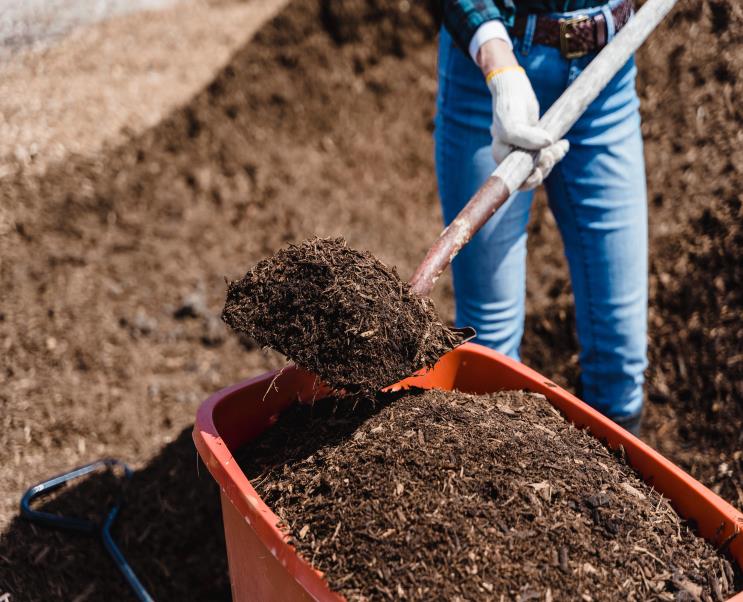SHINE at the Global Economy Innovation Competition 2022
2022年5月23日Elite Showroom by Ateliers Phi
2022年8月3日Tips for Industrial Composting
Insights on greenhouse gas emissions from windrow composting of organic wastes.
Did you know?
Composting can be really harmful!
If not well managed, the composting of green waste and manure can produce toxic emissions into the environment.
According to the environmental research letter 14 124027 published by Sintana E Vergara and Whendee L Silver “Organic waste in landfills and manure slurries is a large source of greenhouse gas emissions globally [1, 2]. Manure alone accounts for 10% of global agricultural emissions.” (*)
How to manage composting pile properly?
In order to avoid toxic emissions, two very effective solutions existes:
Solution1. Make sure to monitor your environmental conditions such as temperature, moisture, and oxygen.
At Ateliers Phi we place sustainability at the center of our architectural project development, and natural ventilation plays an important role - “Ventilation is the most important things in many situations and conditions” said Sophia Slingerland, CEO and Owner of Ateliers Phi.
For example, for Wiseton Industries factory we developed natural ventilation systems with the integration of an atrium. The atrium is helping heated up air to go up to the roof and escape through openable windows. While getting out, it draws fresh new air into the building drafting through ventilation grills on the bottom of the facade.
This solution brings fresh air with the right of level humidity and ensure low consumption of energy for the building.

Images from the reference project: Jiashan Factory, for Wiseton industries
Other solutions are also possible such as: cartboard ventilation grill on outside facade, connected to mechanical ventilators and closed loop water system.
Solution 2. You can add mature compost (MC) and vermicompost (VC) on controlling gas emissions.
According to the research conducted by Hyun Young Hwang , Seong Heon Kim, Jaehong Shim and Seong Jin Park for the Korean Journal of Soil Science and Fertilizer “ two additives reduces greenhouse gaz and NH3 emission while improving the quality of the composte” (**) : vermicompost and mature compost.

In short, we do not always need a complicated tech solution to achieve what we are looking for or need, very often natural solutions are the best and serves the purpose just perfectly.
For more information, contact us at info@ateliers-phi.cn or complete this form: https://www.ateliersphi.com/contact/
References:
- (*) Sintana E Vergara and Whendee L Silver 2019 Res. Lett. 14 124027. View the article online for updates and enhancements.
- (**) Korean Journal of Soil Science and Fertilizer 2021-11-30 | Journal article, DOI: 7745/KJSSF.2021.54.4.423, CONTRIBUTORS: Cho-Rong Lee; Sang-Min Lee; Hyun Young Hwang; Jae-Hoon Shin; Jung-Hun Ok; Hong-Shik Nam; Jung-Lai Cho; Kwang-Su Kim; Nan-Hee An
- Jiashan Factory, for Wiseton industries, by Ateliers Phi
